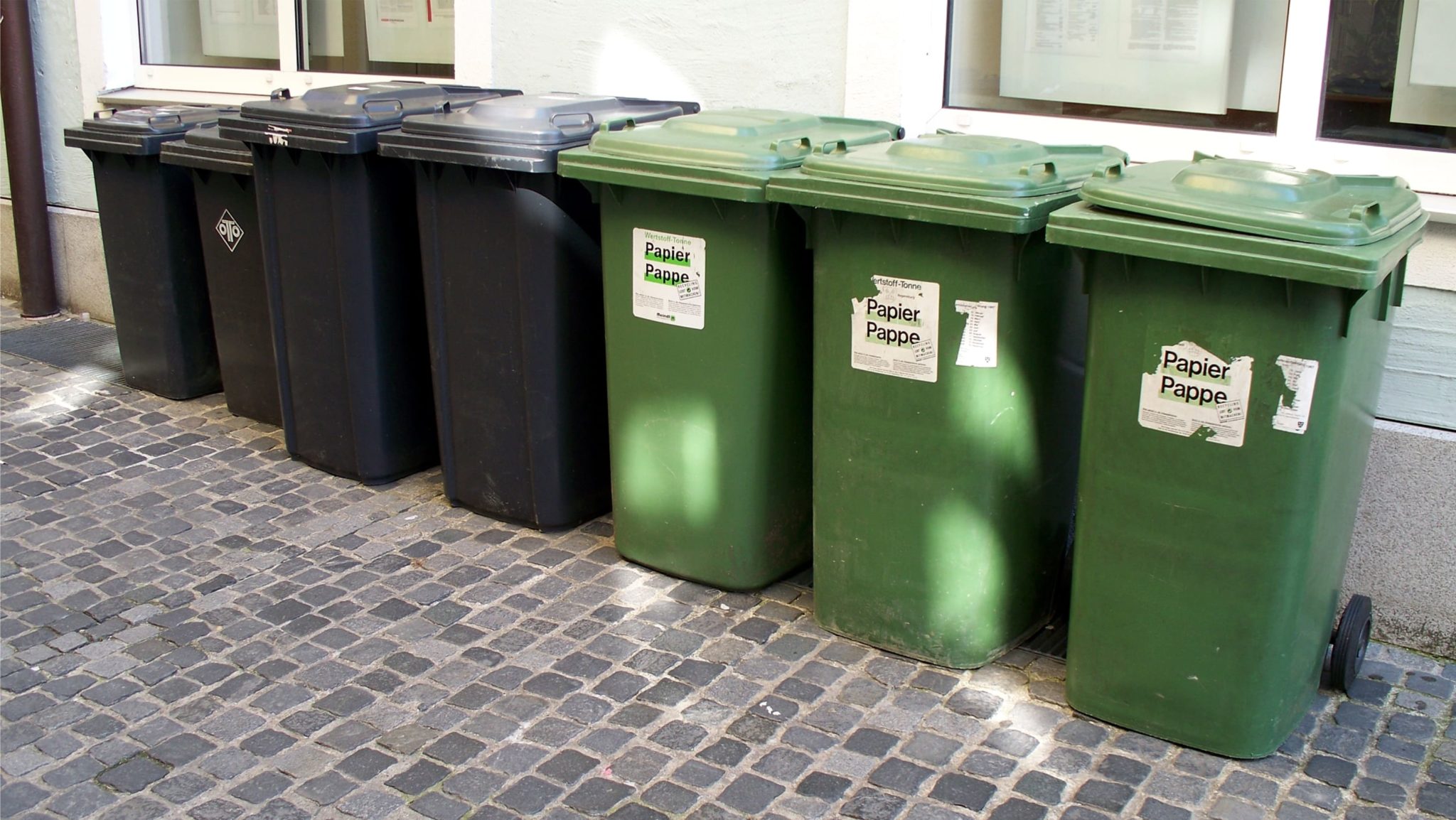
Wikimedia
Got trash? You’re gonna have to pay for that.
Students will now have to consider the implications of the trash they generate as Yale pilots its Pay-As-You-Throw program this month. The program will “test bill” select University buildings based on the garbage they produce as opposed to the conventional protocol of billing based on square footage. Yale is the first American university to implement such a program.
The program — running January through April — is modeled after a system that charges homeowners based on the waste they generate to create an economic incentive to reduce waste, according to the University website. The program task force — a team consisting of faculty, students and administrators — created the pilot to test a “pay as you throw” system and fully implement it within the University context by January 2022. According to Lindsay Crum, the sustainability metrics and program manager for the Yale Office of Sustainability, Yale implemented the program as part of its Sustainability Plan for 2025, a set of initiatives to encourage sustainable materials management.
According to the University website, the task force hopes to make members of the Yale community more conscious of their decisions as consumers, decrease campus use of natural resources and create opportunities for academic research and collaboration between faculty, students and staff.
“The goal is to learn how we can strengthen the incentives to reduce waste that is picked up by outside carriers for disposal and increase recycling and reuse,” Senior Vice President for University Operations Jack Callahan Jr. told the News. “There are clear sustainability and economic benefits.”
Three groups around campus will help implement the program. The first group — consisting of three University buildings — will receive monthly test bills that compare the amount they are actually charged based on square footage versus the amount they would theoretically be charged based on the waste they generate, according to Crum. Participants in the second group from another three University buildings will receive the same information, in addition to resources about good practices for waste management. Members of the third group, who are from four residential colleges, will participate in a recycling competition.
According to Crum, the recycling competition between students will help the task force that is running the pilot program consider the importance of reputation in connection with waste generation.
“Students, faculty and staff have been engaged with the program from the outset, including participating in the Task Force that formulated the pilot,” Crum wrote in an email to the News. “Students have also helped in the creation of promotional materials and organization of stakeholder engagement sessions (which have also involved faculty and staff). Going forward, we will continue to engage students, faculty, and staff who are members of the participating pilot locations via regular check-ins.”
Sabrina Korman SOM ’19 told the News that she and other students in the task force have focused on appropriately targeting all stakeholders in the pilot, since motivations between different members of the Yale community vary in terms of addressing and contributing to waste management.
The task force for the program will share the results of the pilot with the Yale community in April this year.
Jever Mariwala | jever.mariwala@yale.edu







